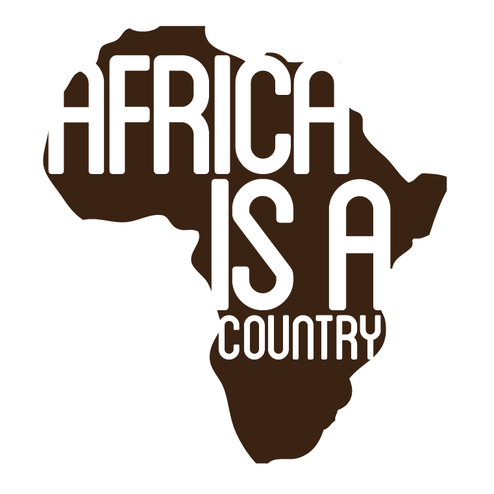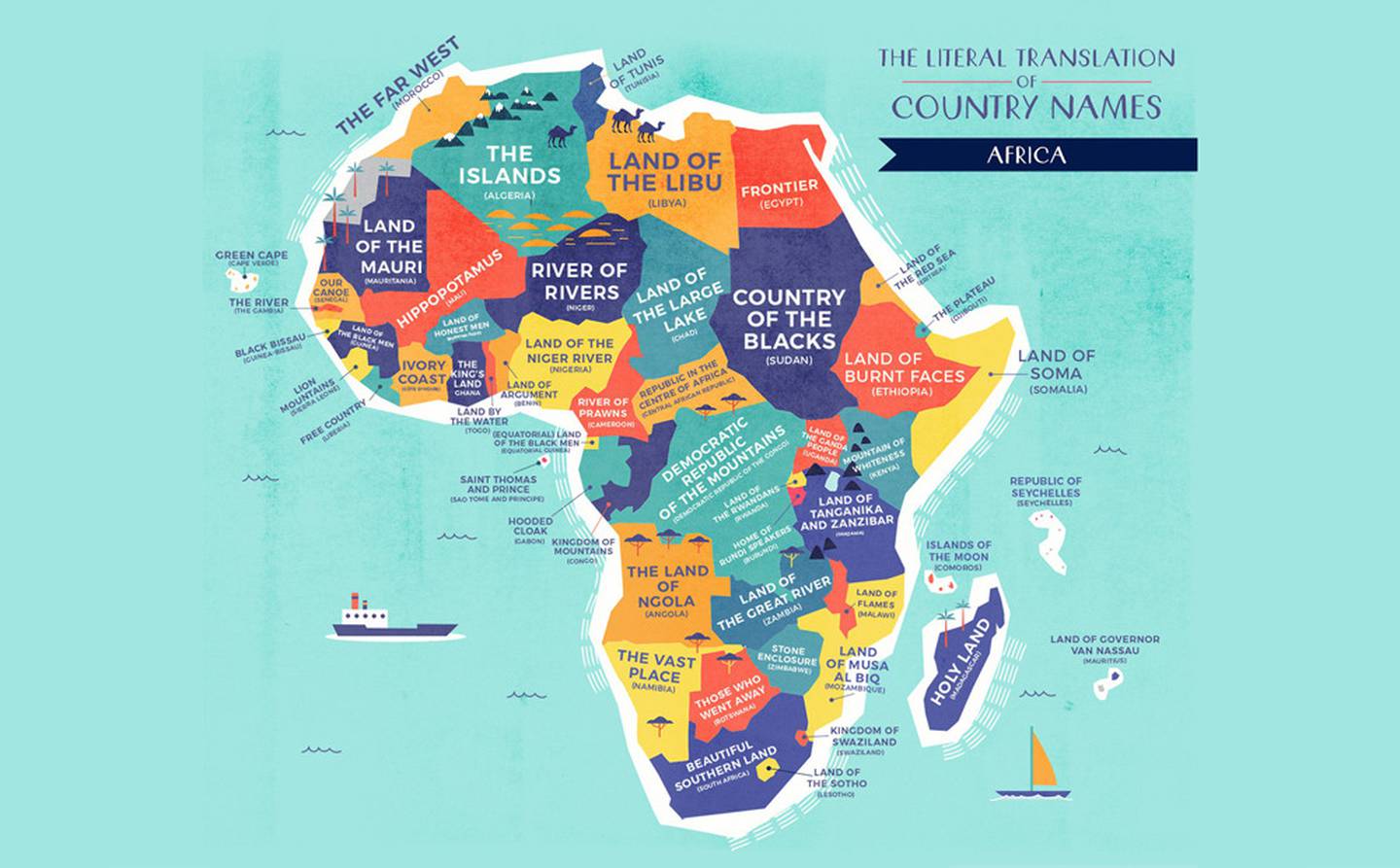Alright folks, let’s talk about Africa. It’s a fascinating continent, brimming with diversity and, frankly, a whole lot more going on than most people seem to realize. Sometimes it feels like the narrative gets simplified, homogenized, or just plain wrong. We need to dig a little deeper, move past the stereotypes, and appreciate the sheer complexity of the place. It’s more than just safaris and deserts, you know?
Africa is a Country? Think Again.

The first thing we need to address is this persistent tendency to treat Africa as a single entity. I mean, seriously? It’s a continent, not a country! Picture yourself trying to describe Europe as if it were one homogenous landmass. You wouldn’t, right? You’d acknowledge the vast differences between, say, Spain and Sweden. The same applies to Africa. There are 54 recognized sovereign states, each with its own unique history, culture, language, and political system. To lump them all together under one broad brushstroke is not only inaccurate but also deeply disrespectful. Think about the implications of that. Imagine erasing the individual identities of hundreds of millions of people, reducing them to a single, monolithic ‘African’ identity. It’s a disservice to the vibrant tapestry of cultures that make up the continent. This ‘Africa is a country’ mindset often stems from a lack of awareness or a willingness to engage with the complexities of the region. We need to challenge this misconception and actively promote a more nuanced understanding of the continent. It’s about recognizing the distinct characteristics of each nation, appreciating their individual contributions to the world, and understanding their unique challenges and opportunities. This kind of ignorance perpetuates harmful stereotypes and hinders genuine engagement with the continent. We can do better, folks. We absolutely must.
A Kaleidoscope of Nations: Remembering the Names

Speaking of recognizing the diversity, how many African countries can you name off the top of your head? I’m not trying to put anyone on the spot, but it’s a worthwhile exercise. We often hear about a handful of countries in the news, typically those facing political instability or economic hardship. But what about the others? What about the countries that are quietly building successful economies, fostering vibrant arts scenes, or leading the way in technological innovation? The fact is, many people struggle to name more than a few African countries, and that’s a problem. It reflects a lack of engagement with the continent and a perpetuation of the narrative that Africa is a homogenous, undifferentiated mass. So, let’s challenge ourselves to learn more. Let’s take the time to familiarize ourselves with the names and locations of all 54 countries. Let’s explore their histories, their cultures, and their contributions to the world. Start with a map. Familiarize yourself with the geography of the continent. Learn the capitals, the major cities, and the important landmarks. Then, delve deeper into the history and culture of each country. Read books, watch documentaries, and listen to music from different parts of the continent. The more you learn, the more you’ll appreciate the incredible diversity and richness of Africa. From Algeria in the north to South Africa in the south, from Senegal in the west to Somalia in the east, each country has its own unique story to tell. And by taking the time to learn these stories, we can begin to dismantle the harmful stereotypes that have plagued the continent for far too long. Learning the names is just the first step, but it’s an important one. It’s a sign of respect, a recognition of the individuality of each nation, and a commitment to a more nuanced and informed understanding of Africa.
Beyond the geographical ignorance, there’s often a tendency to fall back on outdated and inaccurate stereotypes. You know the ones: poverty, conflict, disease. While these are certainly challenges that some African countries face (and let’s be honest, they’re challenges that exist in various forms all over the world), they don’t define the continent as a whole. To focus solely on these negative aspects is to ignore the incredible progress that many African countries have made in recent years. We need to celebrate the economic growth, the technological innovation, and the cultural dynamism that are transforming the continent. We need to highlight the success stories, the inspiring leaders, and the innovative solutions that are emerging from Africa. And we need to challenge the narrative that portrays Africa as a continent of perpetual crisis. It’s not about ignoring the challenges, but about providing a more balanced and accurate picture. It’s about recognizing the resilience, the ingenuity, and the potential of the African people. We see incredible advances in mobile technology, leapfrogging traditional infrastructure in many areas. We witness burgeoning entrepreneurial scenes and innovative solutions to local problems. We admire the rich artistic traditions and the vibrant cultural expressions that are shaping global trends. But these stories often go untold, overshadowed by the dominant narrative of poverty and conflict. It’s time to change that. It’s time to amplify the voices of African leaders, entrepreneurs, artists, and innovators. It’s time to showcase the positive developments that are transforming the continent. It’s time to recognize Africa not just as a continent of challenges, but as a continent of opportunity.
Furthermore, it’s crucial to acknowledge the role that colonialism and neocolonialism have played in shaping the current state of affairs in many African countries. The legacy of colonialism continues to cast a long shadow, with artificial borders, exploitative economic policies, and lingering political instability. Understanding this historical context is essential for understanding the challenges that many African countries face today. We can’t simply ignore the impact of centuries of oppression and exploitation. We need to acknowledge the injustices of the past and work towards a more equitable future. And that means supporting African-led initiatives, promoting fair trade practices, and advocating for policies that empower African nations to control their own destinies. It’s not about imposing Western solutions or dictating terms. It’s about listening to African voices, respecting African perspectives, and working in partnership to address the challenges that the continent faces. It’s about recognizing that Africa has the potential to chart its own course, to develop its own solutions, and to build a brighter future for its people. But that can only happen if we address the historical injustices and create a level playing field. This requires a fundamental shift in mindset, a move away from paternalistic attitudes and towards a genuine partnership based on mutual respect and understanding. Only then can we begin to unlock the full potential of the African continent.
Ultimately, engaging with Africa requires a commitment to lifelong learning and a willingness to challenge our own biases and assumptions. It’s about moving beyond simplistic narratives and embracing the complexity and diversity of the continent. It’s about recognizing the agency and resilience of the African people. And it’s about working towards a more just and equitable world where Africa can truly thrive. It’s a journey, not a destination. There will be setbacks and challenges along the way. But if we remain committed to learning, listening, and engaging, we can make a real difference in the lives of people across the continent. So, let’s start today. Let’s challenge ourselves to learn more about Africa, to engage with African voices, and to promote a more nuanced and informed understanding of the continent. The world will be a better place for it.
If you are searching about Africa Map Vector Country Names Stock Vector (Royalty Free) 2416786711 you’ve visit to the right web. We have 5 Images about Africa Map Vector Country Names Stock Vector (Royalty Free) 2416786711 like Africa Country list in English, Africa Country name, Africa countries, Website: Africa is a country – DevelopmentEducation.ie and also Africa Map Vector Country Names Stock Vector (Royalty Free) 2416786711. Here it is:
Africa Map Vector Country Names Stock Vector (Royalty Free) 2416786711

www.shutterstock.com
Africa Country List In English, Africa Country Name, Africa Countries

www.pinterest.co.uk
Africa-literal-map-country-names – The Travel Bible

thetravelbible.com
Website: Africa Is A Country – DevelopmentEducation.ie

developmenteducation.ie
Africa Country Names : R/JackSucksAtGeography

www.reddit.com
Africa country list in english, africa country name, africa countries. Africa country names : r/jacksucksatgeography. Website: africa is a country






